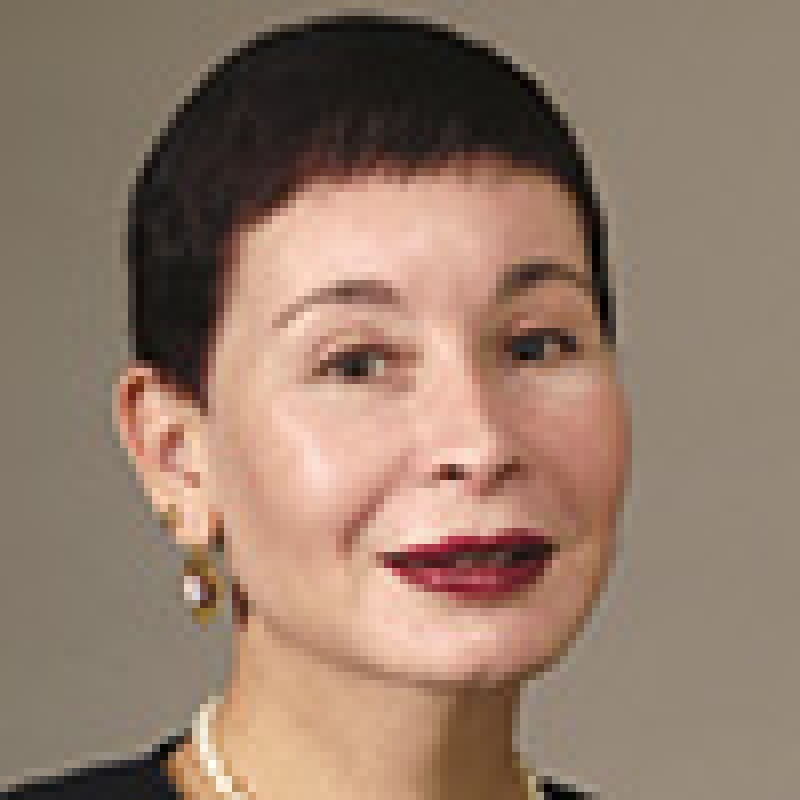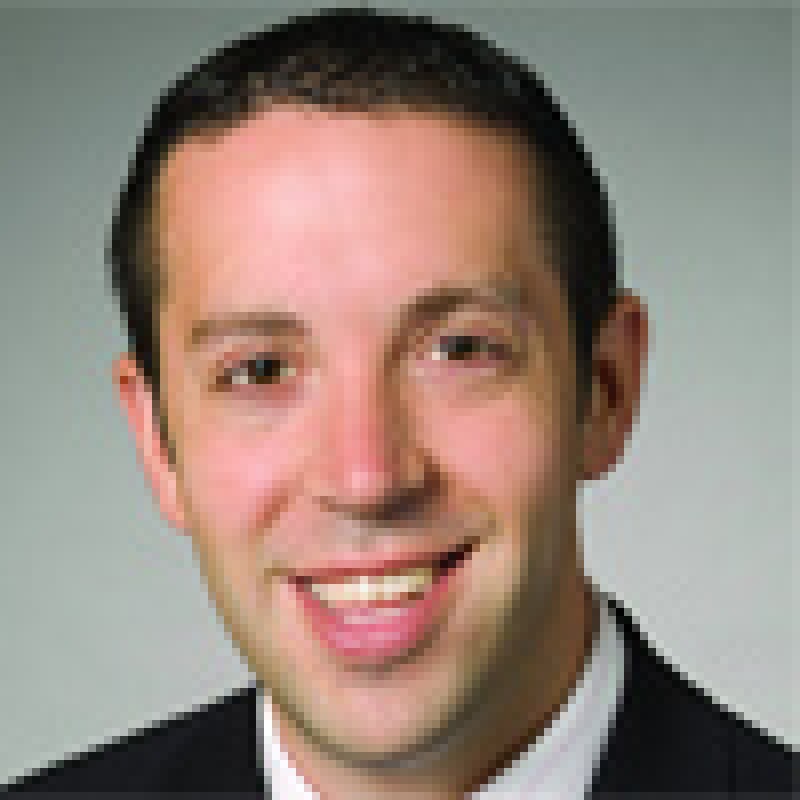In January, the US Supreme Court granted a petition for certiorari in Kirtsaeng v John Wiley & Sons, Inc to decide the standard for determining whether attorneys' fees should be granted to a prevailing party in a copyright case. The Supreme Court's decision on the issue will be closely monitored by prospective plaintiffs and defendants alike since the risk of fee-shifting may have a significant impact upon a party's decision-making with respect to both pursuing and defending a litigation.
By way of background, in 2013, Kirstaeng had been successful in defending against a claim of copyright infringement launched by John Wiley & Sons when the Supreme Court ruled that the first sale doctrine allowed him to re-sell textbooks in the US which he had lawfully purchased overseas without seeking the permission of the publisher. Following this ruling, Kirstaeng sought reimbursement of the legal fees he incurred in defending the claims in accordance with Copyright Act §505 which states that a court may award a reasonable attorney's fee to the prevailing party. However, this request was rebuffed by the Second Circuit Court of Appeals which ruled that Kirstaeng was not entitled to his attorneys' fees because John Wiley & Sons' claims were not "objectively unreasonable".
The Second Circuit held that "the imposition of a fee award against a copyright holder with an objectively reasonable litigation position will generally not promote the purposes of the Copyright Act". Subsequently, Kirstaeng requested that the Supreme Court address the proper standard for awarding fees under the Copyright Act, asserting that the various circuit courts "are in utter disarray" about the standard to apply.
Specifically, Kirstaeng argues that the Second Circuit, which placed an emphasis on the reasonableness of the losing plaintiff's claim, effectively created a presumption against awarding fees, arguing that "awarding fees principally when a suit or defense is unreasonable makes the award of fees to prevailing parties the exception rather than the rule". This, according to Kirstaeng, is different from: (a) the Fifth and Seventh Circuits, which have held that the prevailing party in a copyright litigation "is presumptively entitled to reimbursement of its attorneys' fees"; (b) the Ninth and Eleventh Circuits, which focus their analysis on whether "the imposition of attorneys' fees will further the interests of the Copyright Act"; and (c) the Third, Fourth and Sixth Circuits, which use the "frivolousness, motivation, objective unreasonableness and considerations of compensation and deterrence" to guide their analysis.
The Supreme Court's decision on the standard to apply may have a far-reaching impact on future copyright litigation.

|

|
Karen Artz Ash |
Bret J Danow |
Katten Muchin Rosenman LLP 575 Madison AvenueNew York, NY 10022-2585United StatesTel: +1 212 940 8554Fax: +1 212 940 8671karen.ash@kattenlaw.comwww.kattenlaw.com










